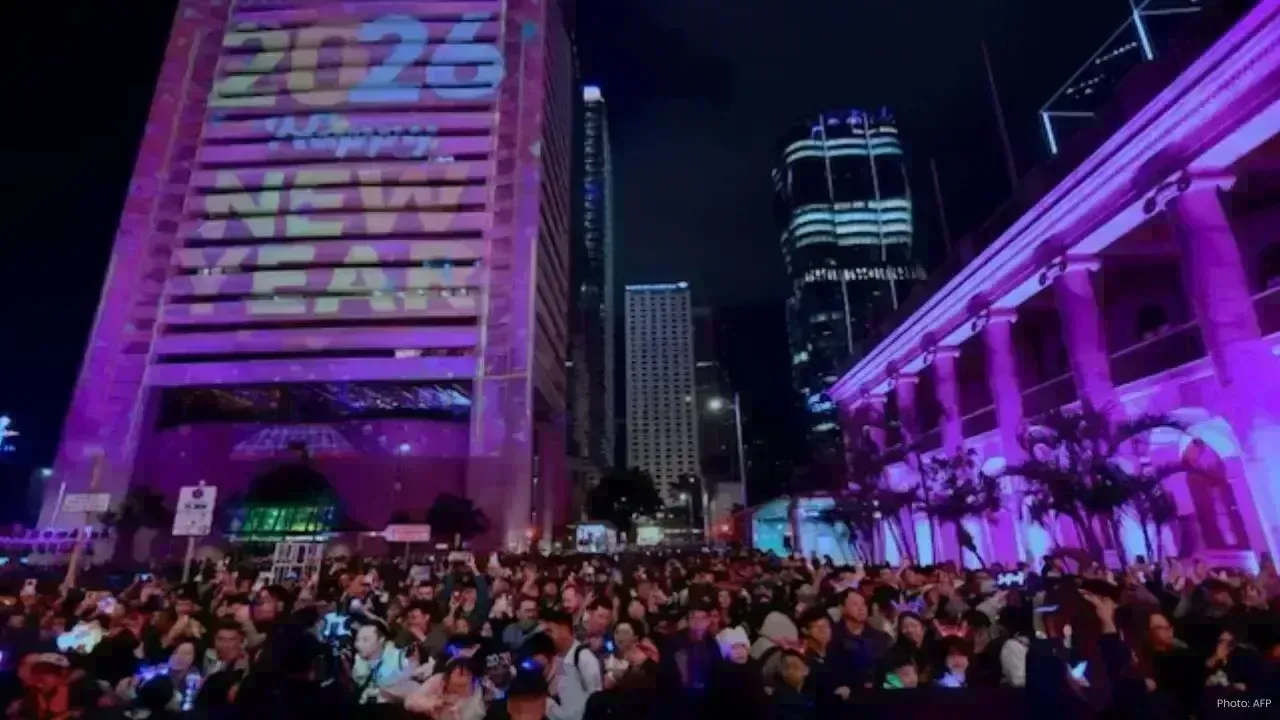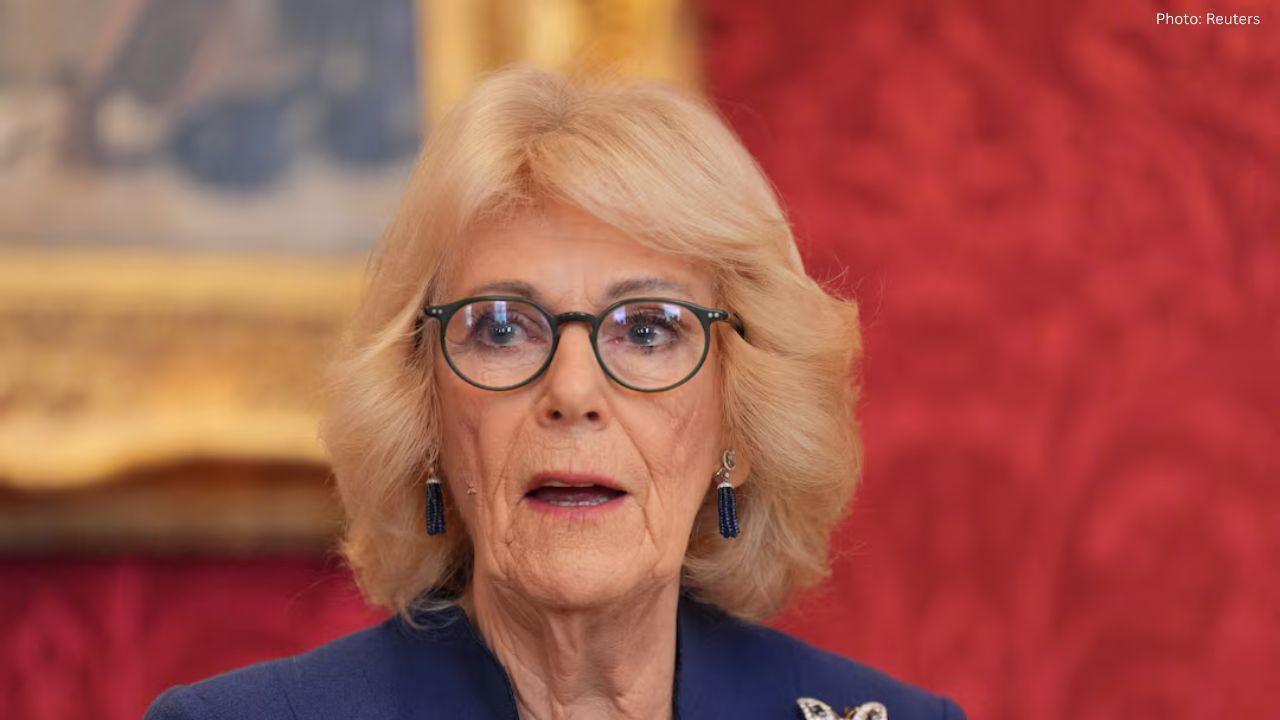You have not yet added any article to your bookmarks!

Join 10k+ people to get notified about new posts, news and tips.
Do not worry we don't spam!

Post by : Anis Farhan
Currency strength has always played a critical role in shaping global tourism flows. When a country’s currency weakens, it often becomes more attractive to foreign visitors, who suddenly find that their dollars, euros, or pounds can stretch further than before. In recent years, many Asian economies have experienced currency depreciation due to global interest rate hikes, trade imbalances, and inflationary pressures. Surprisingly, this has given a new lease of life to inbound tourism across the continent.
From Japan’s yen hitting multi-decade lows to Southeast Asian nations witnessing softer exchange rates, the impact has been profound. Tourists are flocking to Asia not only because of its cultural richness and natural beauty, but also because their travel budgets allow for more luxurious experiences. This economic shift is reshaping travel demand, influencing local businesses, and even altering how governments view the tourism sector as a tool for economic stability.
Weaker regional currencies are not always good news. For local residents, it often means imported goods become more expensive, inflation rises, and everyday costs grow. But for tourism, depreciation can be a blessing.
When international visitors compare destinations, affordability is a major deciding factor. A family planning a holiday in Europe may reconsider when they realize their budget could buy double the experiences in Asia. For instance, travelers from the United States or Europe visiting Japan or Thailand in recent months have found five-star hotels, gourmet dining, and shopping significantly cheaper compared to back home.
This “value perception” has pushed Asia to the forefront of global travel choices, especially at a time when Western destinations are grappling with high costs, strong currencies, and inflationary pressures.
One of the most striking examples is Japan. The yen has weakened considerably against major currencies, reaching levels not seen in decades. For foreign visitors, this has translated into a golden opportunity.
Tourists arriving in Tokyo, Osaka, or Kyoto are finding that what was once considered an expensive destination is now surprisingly affordable. High-end sushi dining, luxury hotels, and shopping for electronics or fashion items all cost less in dollar or euro terms. This has created a tourism boom, with inbound arrivals exceeding pre-pandemic levels.
Even rural regions, which once struggled to attract international travelers, are benefitting. Tourists are venturing beyond Tokyo Disneyland or Mount Fuji to explore smaller towns, traditional hot springs, and regional cuisine—all because their money goes further.
In Southeast Asia, weaker currencies in countries like Thailand, Indonesia, and Vietnam have further cemented their reputations as budget-friendly destinations.
Thailand’s baht has softened, making it even more attractive to European backpackers and middle-income families. From Bangkok’s bustling street food markets to the beaches of Phuket, visitors are spending freely, often upgrading their experiences to luxury spas, island tours, and boutique stays.
Indonesia, especially Bali, has seen a similar surge. As the rupiah weakened, digital nomads and holidaymakers found their extended stays more affordable. Vietnam, too, is reaping the rewards, with Ha Long Bay cruises and cultural tours in Hanoi and Ho Chi Minh City now offering exceptional value compared to similar experiences in Europe.
South Korea’s won has also faced depreciation, and the government has cleverly leveraged this moment to push tourism campaigns. Korea’s popularity has already been amplified by its global cultural wave—K-pop, K-dramas, and Korean food are strong magnets for young travelers.
Now, with more favorable exchange rates, tourists from the US and Europe find Korea cheaper than before. A week-long stay in Seoul, complete with entertainment, shopping, and traditional temple visits, is far more affordable compared to Western cities. Retailers in Myeongdong and Gangnam are seeing tourists buy more luxury products, while cultural tours are recording higher footfall.
While China’s yuan has seen limited depreciation compared to other Asian currencies, fluctuations have still affected travel dynamics. For Western tourists, cities like Shanghai and Beijing are more affordable, though China’s strict visa processes and political environment continue to act as barriers for some.
Hong Kong, once considered too expensive for many, is now regaining its competitive edge thanks to a weaker Hong Kong dollar. This has encouraged a revival of shopping tourism, with visitors from Europe and the Middle East particularly taking advantage of luxury retail bargains.
The influx of foreign tourists due to currency depreciation has direct and indirect impacts. Hotels report higher occupancy, restaurants enjoy larger crowds, and local artisans benefit from increased purchases.
But the effect is more than just numbers. Tourists with stronger currencies are upgrading their experiences. Instead of budget accommodations, they are choosing resorts. Instead of street food only, they are dining at Michelin-starred restaurants. This shift in spending behavior provides higher margins for local businesses, boosting profitability.
At the same time, governments are reaping the rewards through higher tax collections, visa fees, and tourism-related levies. In many cases, the gains from increased tourism help offset the losses from weaker imports or higher debt repayments.
While weaker currencies attract tourists, over-reliance on this factor is risky. A sudden strengthening of the dollar or euro, or policy changes in central banks, could reverse the trend. Moreover, local residents bear the brunt of currency depreciation as imported fuel, technology, or food prices soar.
Tourism can help, but it cannot fully shield economies from the negative effects of weaker currencies. In addition, overcrowding in popular destinations is becoming an issue. Cities like Kyoto, Bangkok, and Bali are experiencing strains on infrastructure, raising questions about sustainability and long-term planning.
For Asia, the challenge now is to ensure that the surge in tourism is not only about affordability but also about experience. Countries must invest in infrastructure, cultural preservation, and sustainable tourism to maintain long-term attractiveness.
For example, Japan is expanding its digital infrastructure for tourists, from mobile payment systems to multilingual apps. Thailand is diversifying its destinations, promoting lesser-known provinces to reduce pressure on Bangkok and Phuket. Indonesia is developing eco-friendly resorts to appeal to environmentally conscious travelers.
These measures will ensure that when currencies eventually stabilize, Asia remains competitive not only because it is affordable, but because it offers memorable, world-class experiences.
Looking at the broader picture, the current wave of weaker regional currencies has positioned Asia as the clear winner in global tourism. With affordability, cultural richness, and natural beauty, the region is drawing visitors away from traditionally strong Western markets.
Travel analysts predict that Asia’s share of global tourism revenues will rise significantly in the next five years, fueled not just by weaker currencies but also by demographic trends, improved air connectivity, and the rise of digital booking platforms.
For now, as global travelers search for destinations that balance cost and experience, Asia’s weakened currencies are proving to be an unlikely economic booster—one that governments and industries are keen to sustain.
The relationship between weaker currencies and inbound tourism in Asia highlights how global economics can reshape travel patterns. For millions of travelers, Asia is no longer just an exotic destination but also an affordable luxury. For governments and businesses, the challenge is to maximize the benefits while ensuring sustainability and resilience.
Ultimately, Asia’s current tourism boom is a reminder that opportunity often arises from challenge. While weaker currencies may unsettle domestic economies, they are also opening doors for growth, cultural exchange, and global recognition.
This article is for informational purposes only. It does not provide financial, investment, or travel advice. Readers are encouraged to verify facts and check official tourism resources before making decisions.










Hong Kong Welcomes 2026 Without Fireworks After Deadly Fire
Hong Kong rang in 2026 without fireworks for the first time in years, choosing light shows and music

Ranveer Singh’s Dhurandhar Hits ₹1000 Cr Despite Gulf Ban Loss
Dhurandhar crosses ₹1000 crore globally but loses $10M as Gulf nations ban the film. Fans in holiday

China Claims India-Pakistan Peace Role Amid India’s Firm Denial
China claims to have mediated peace between India and Pakistan, but India rejects third-party involv

Mel Gibson and Rosalind Ross Split After Nearly a Decade Together
Mel Gibson and Rosalind Ross confirm split after nearly a year. They will continue co-parenting thei

Rashmika Mandanna, Vijay Deverakonda Set to Marry on Feb 26
Rashmika Mandanna and Vijay Deverakonda are reportedly set to marry on February 26, 2026, in a priva

FIFA Stands by 2026 World Cup Ticket Prices Despite Fan Criticism
FIFA defends the high ticket prices for the 2026 World Cup, introducing a $60 tier to make matches m